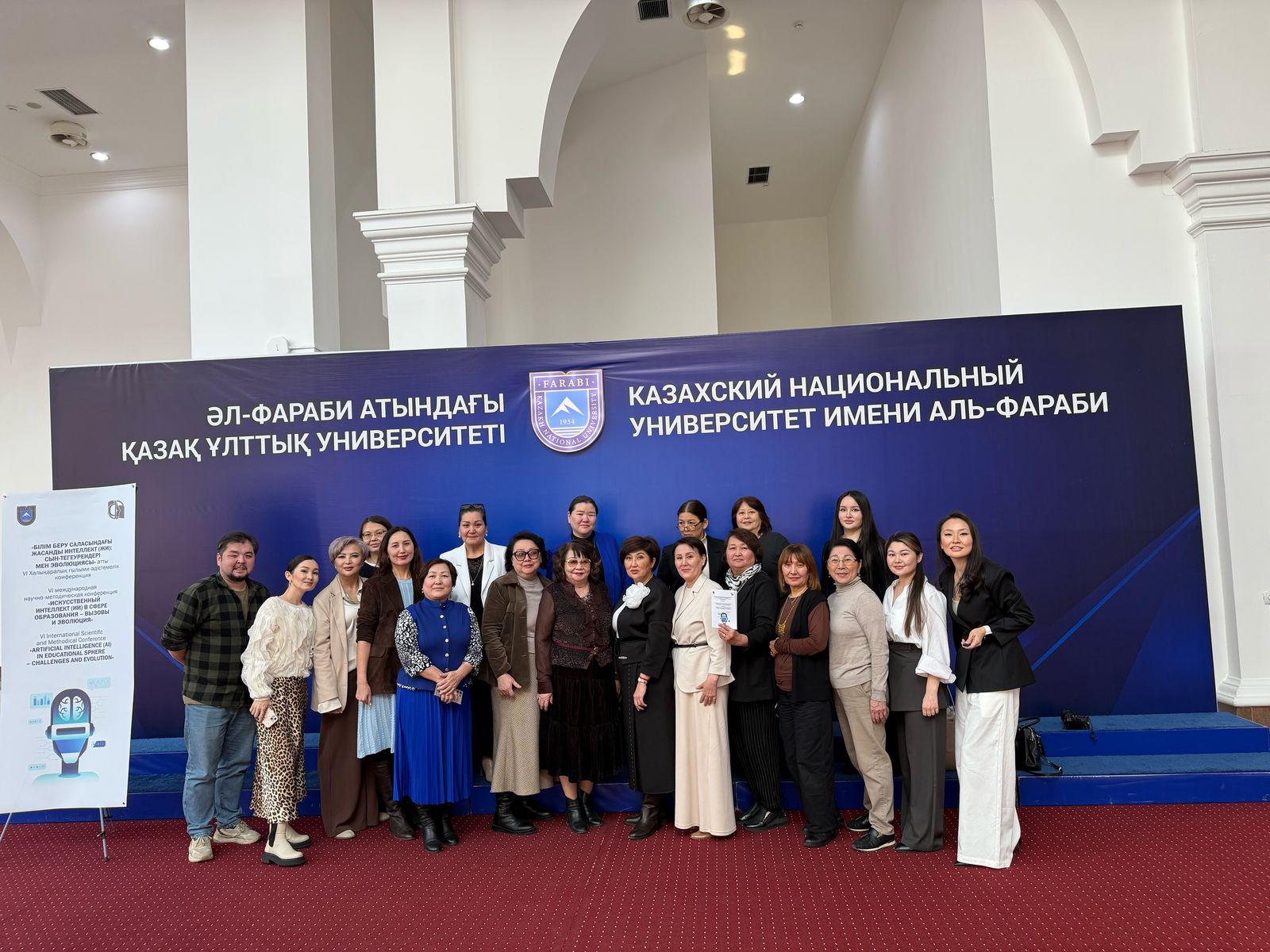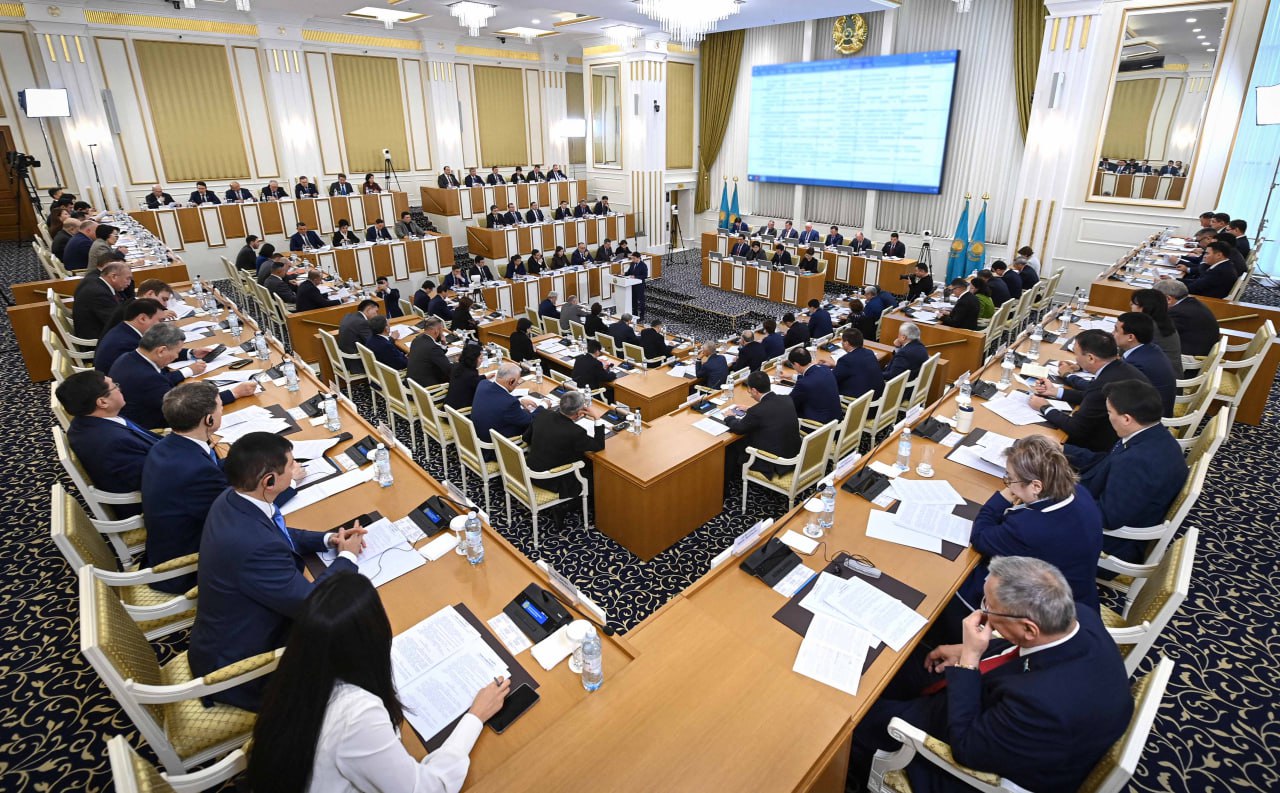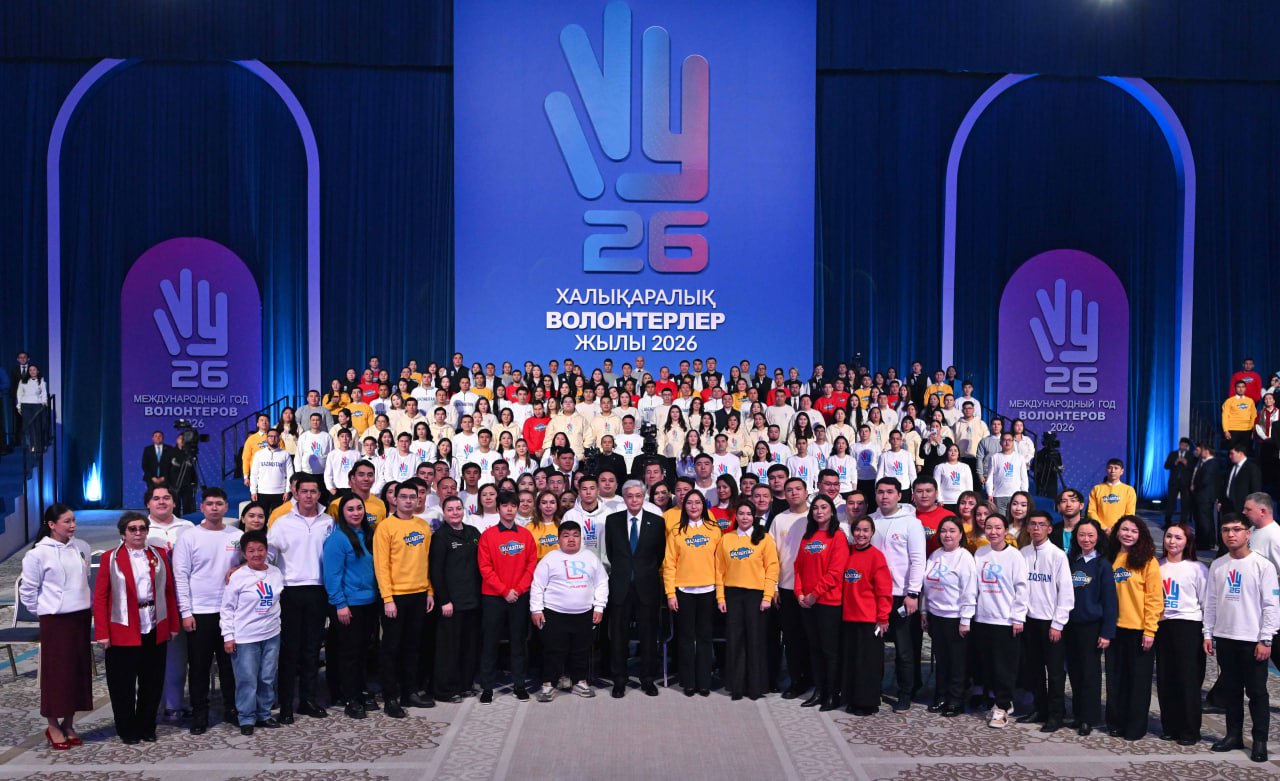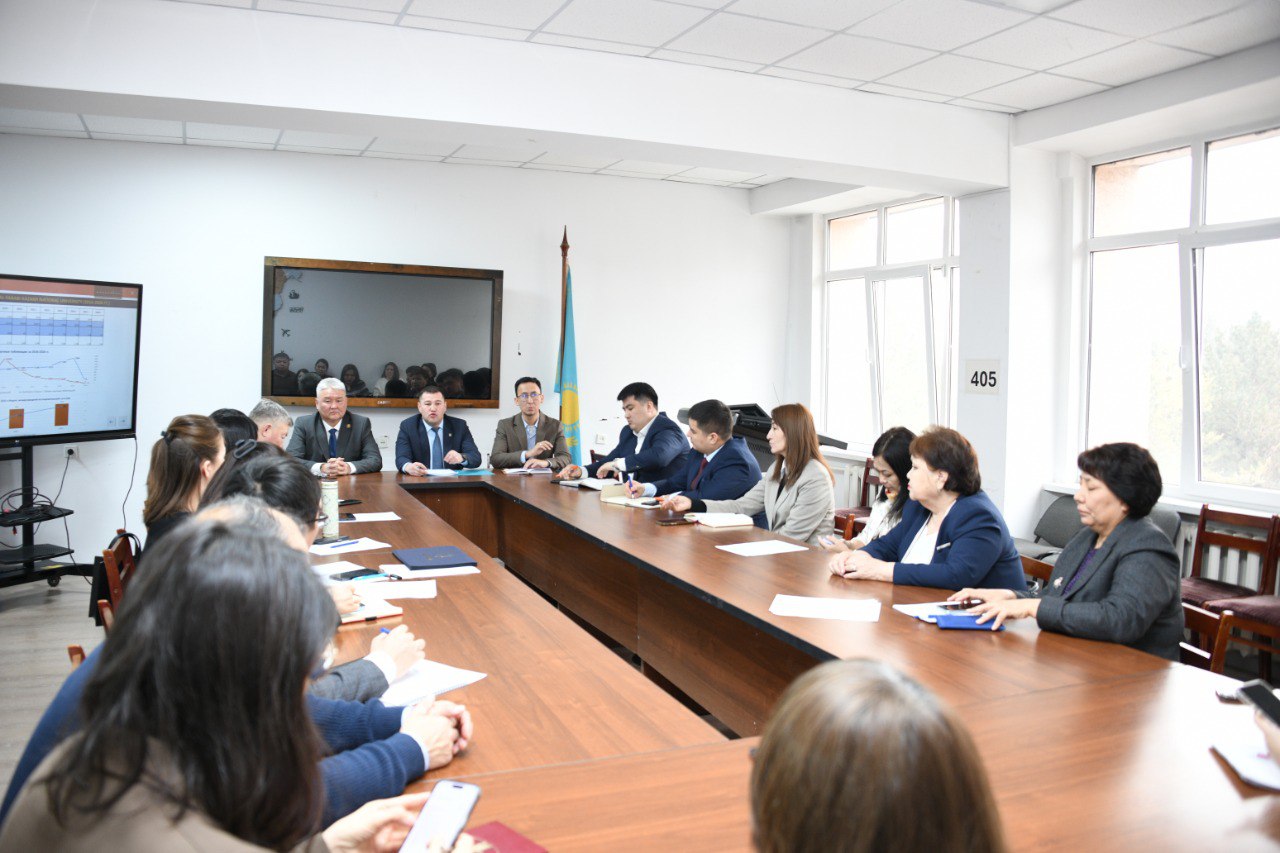- Main
- News
- The VI International Scientific and Methodological Conference: "Artificial Intelligence (AI) in Education: Challenges and Evolution"
The VI International Scientific and Methodological Conference: "Artificial Intelligence (AI) in Education: Challenges and Evolution"

On March 14, 2025, within the framework of celebrating the 90th anniversary of the Al-Farabi Kazakh National University the Department of Foreign Languages held the VI International Scientific and Methodological Conference: "Artificial Intelligence (AI) in Education: Challenges and Evolution". The event began at 10:00 and brought together scientists, researchers and representatives of educational institutions from Kazakhstan and abroad.
The conference was opened by the welcoming speech of the head of the Department of Foreign Languages Dosmagambetova D.Zh. . During the event, the participants discussed the modern achievements in the field of artificial intelligence and its role in the transformation of educational processes.
After welcoming speech there was a plenary session which included the reports of the foreign scientists:
Theo Mojtaba Ammari, PhD, Associate Professor in Mathematics and Data Science at Emirates Aviation University in Dubai, UAE.
Andela (Angela) Popovic, M.A. TESOL, B.A. English language and literature, University of California San Diego, ESL Programs, English Language Institute
Monıca Olga Finelli, Data Analyst, Software Product Manager, Americor, California, United States.
Nelly Asmatullayeva, Learning Enhancement Designer at Nelson Marlborough Institute of Technology (NMIT), Nelson, New Zealand.
Christopher Korten, Professor, Adam Mickiewicz University, Poznan, Poland.
Bora Demir, Assoc. Prof. Dr., Çanakkale Onsekiz Mart University, Türkiye
Paula Orzechowska, Professor, Eberhard Karls University of Tübingen, Germany.
At the end of the plenary session the work of sections began. The conference consisted of three sections:
- Section 1 – Artificial intelligence in physical and technical sciences, information technology (physics, mathematics, mechanics, IT, etc.).
- Section 2 – Artificial intelligence in natural sciences (chemistry, biology, geography, geology, medicine, etc.).
- Section 3 – Artificial intelligence in social and humanitarian sciences (philosophy, pedagogy, psychology, philology, linguistics, history, archaeology, ethnology, religious studies, tourism, law, economics, etc.).
The challenges and opportunities for implementing AI in philosophy, pedagogy, psychology, philology, history and other humanities were considered. The conference became a platform for productive dialogue between Kazakhstani and foreign experts, allowing them to exchange ideas and discuss advanced methods for integrating artificial intelligence technologies into the educational process. Particular attention was paid to supporting young researchers who had the opportunity to present their projects and receive constructive feedback from the leading experts. The organizers noted the high level of the research presented and expressed gratitude to all participants for their active participation and valuable contribution to the development of scientific and educational cooperation.


